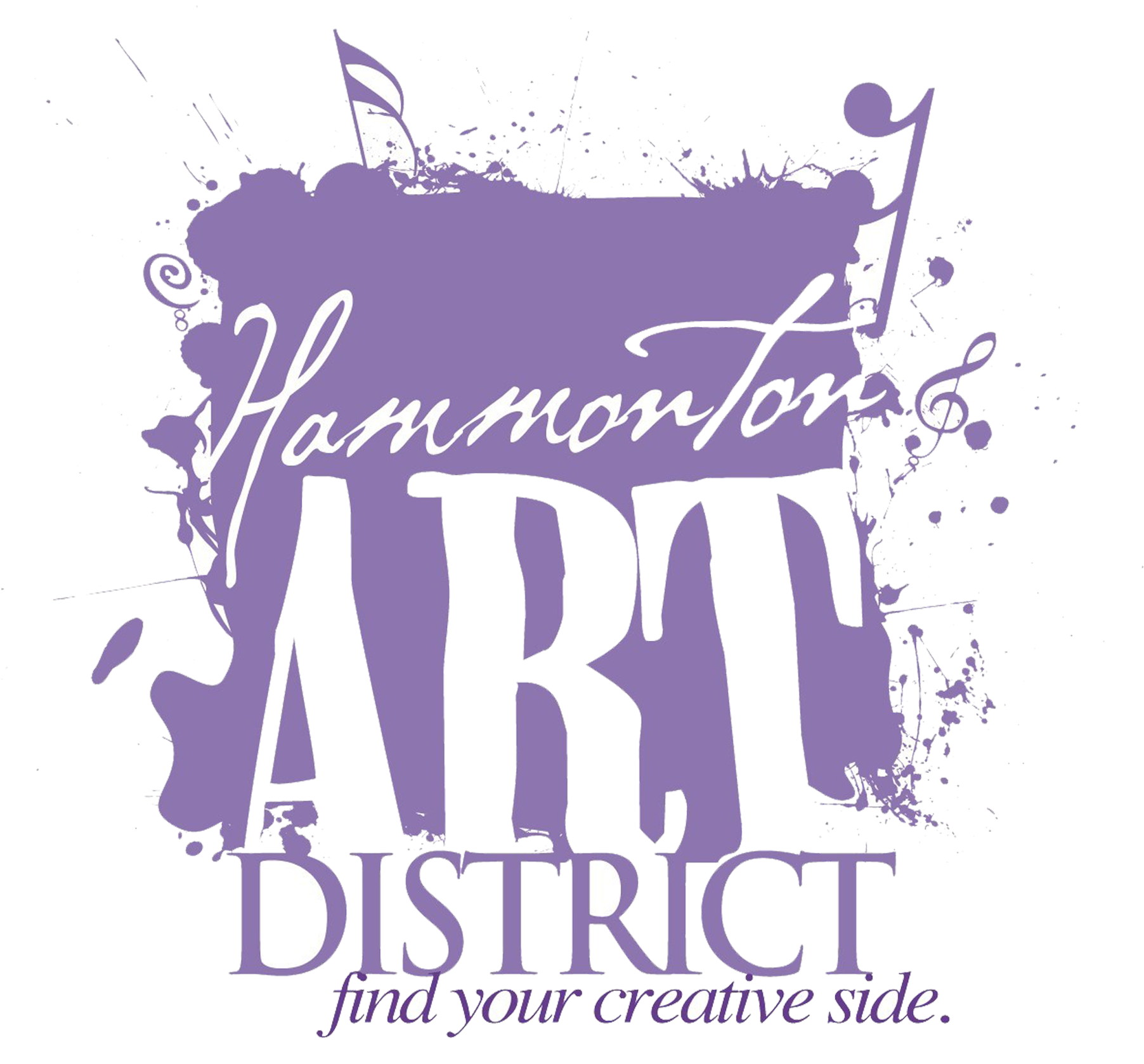Josip Zanki
Zagreb, Croatia
About the Artist
Josip Zanki was born in Zadar, on 14th March 1969. He grew up in the village of Privlaka, North West of Zadar. He graduated from the Graphic Department of the Academy of Fine Arts in Zagreb in 1994 (class of Professor Miroslav Šutej) with a thesis entitled “Mysticism in the Artistic Practice of J. Beuys” and an experimental series of etchings New Machines, a remake of the research conducted by the Croatian renaissance scientist Faust Vrančić. In 2016 he completed his Postgraduate Doctoral Studies in Ethnology and Cultural Anthropology at the Faculty of Humanities and Social Sciences in Zagreb. He received his PhD with a thesis entitled “Anthropological Conceptualisation of the Space in Thangka Painting and Contemporary Art Practices“ (supervisors Suzana Marjanić, and Leonida Kovač) on 11th February 2016.
Since 1986 he has been working on the field of graphic media, film, video, installations, performances, and cultural anthropology. He has received numerous prizes for his artistic work. He has realized numerous exhibitions and projects in Croatia and abroad. He taught at the University of Zadar 2009 to 2017 and at Vytautas Magnus University in Kaunas 2016 and 2017. Since 2017 he has been teaching at the Academy of Fine Arts in Zagreb. Since 2018 he has been vice president of the Croatian Association of Fine Artists, oldest and largest institution of its kind in Croatia and the entire region, established in 1868. He has been a member of the European Cultural Parliament since 2011. He lives and works in Zagreb.
Sara Mikelić
Zagreb, Croatia
About the Artist
Sara Mikelić (born 1991) holds a master’s degree in Ethnology and Cultural Anthropology and Art History from the Faculty of Humanities and Social Sciences at the University of Zagreb. Main research interests are in local cultural heritage concerning traditional medicine and anthropology of religion. In 2014, she finished an internship at the Peggy Guggenheim Collection in Venice. Since 2014 she has been working as an assistant at the Gallery of the Student Centre in Zagreb where she participates in the preparation and organization of exhibitions. She is the author of several art catalogues and articles and co-author of three short documentaries. Currently lives and works in Zagreb.
About “Dinner of the Edge of the Volcano”
The research artwork of Josip Zanki and Sara Mikelić Dinner on the Edge of the Volcano was realized through the format of documentary fiction within the international art project Grand Tour: The Age of the Pyramids and Postcolonial Pilgrimage (2019-2021). The project by author and coordinator Josip Zanki is based on re-examining and de-constructing the historical tradition of the Grand Tour. The work Dinner on the Edge of the Volcano questions the key ideas of the Grand Tour; colonial perceptions of the classical south as the basis of Western culture. The aim of the work is to reconstruct and re-examine the colonial imaginary of the Other and the Other as a subconscious and mystical versus the still dominant western Ego. The title of the paper refers to a dinner on the edge of Mount Vesuvius organized by volcano researcher William Hamilton in the late 18th century. An English nobleman on the edge of a volcano roasted pigeons on a lava and dined naked in the company of friends. Using the strategies of documentary fiction and Pessoa's heteronyms, Josip Zanki embodies the character of an artist in exile in this work, and Sara Mikelić his companion. An artist in exile (Zanki) and fellow artist (Mikelić) visited locations where sphinxes and pyramids are located. Zanki and Mikelić created and documented in the form of a video work three romantic performative acts that evoke the Grand Tour. The video documents: Zanki's boat trip from Zadar like Childe Harold (longing for the south), laying a bouquet of roses on the steps of Denkmal in Leipzig for all victims of colonial macho imagination and roasting birds on stones in the Lithuanian sauna of philosopher Gintautas Mažeikis with a conversation about the revival of the esoteric tradition during Romanticism. The video is accompanied by a photographic reinterpretation of the romantic imagination of Caspar David Friedrich’s mountain in the painting Der Wanderer über dem Nebelmeer in which Zanki embodies the character of the Other as a migrant who is now barred from entering to the ‘West’ he dreamed of.












